According to Reuters, 2025 could bring important developments in a series of copyright lawsuits. These factors could become major turning points that help shape the future of artificial intelligence commerce.
2024 is the year that saw an explosion of lawsuits from copyright owners, including authors, news agencies, visual artists, musicians, and other copyright owners, accusing OpenAI, Anthropic, Meta Platforms, and other tech companies of using their work to train chatbots and other AI-based content generators without permission or royalties.
As things stand, courts could begin hearing cases in 2025 and rule on whether the defendants’ copying is “fair use,” which could be a defining decision for AI copyright in the future.
In response to the lawsuits, tech companies have argued that their AI systems make fair use of copyrighted material by studying it to learn how to create new, transformative content. In response, copyright owners have countered that the companies are illegally copying their works to create rival content that threatens their livelihoods.
OpenAI, Meta, Silicon Valley investment firm Andreessen Horowitz and other tech companies warn that being forced to pay copyright owners for their content could cripple the burgeoning U.S. AI industry.
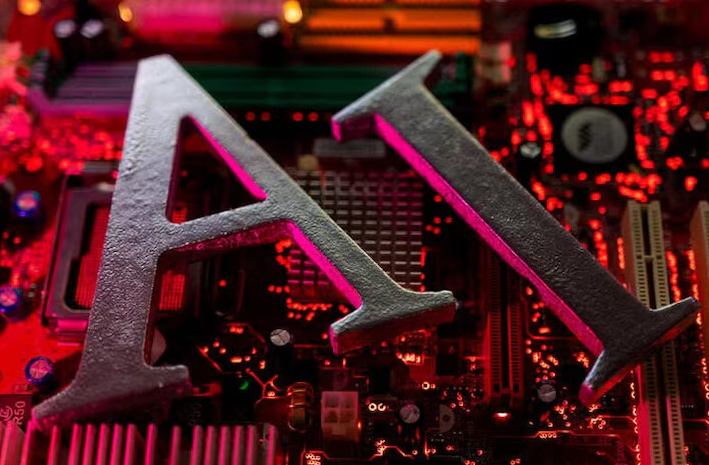
AI companies could escape US copyright liability altogether if courts agree with them on the fair use issue. Judges hearing cases in different jurisdictions could reach conflicting conclusions on fair use and other issues, and multiple rounds of appeals could result.
An ongoing lawsuit between Thomson Reuters and Ross Intelligence could set the stage for how judges will handle fair use arguments.
In the case, Thomson Reuters, the parent company of Reuters News, accused Ross Intelligence of misusing copyrighted material from its legal research platform Westlaw to build an AI-powered legal search engine. Ross Intelligence later denied wrongdoing and asserted that the material was a fair use under the law.
Additionally, a dispute between music publishers and Anthropic over the use of their lyrics to train the chatbot Claude could also serve as a guide for similar cases. In that case, U.S. District Court Judge Jacqueline Corley is considering fair use as part of the publishers’ request for a preliminary injunction against the company. Corley held oral arguments on the proposed injunction last month.
In November, U.S. District Court Judge Colleen McMahon in New York dismissed a lawsuit from news outlets Raw Story and AlterNet against OpenAI, after finding that the plaintiffs had failed to demonstrate harm from OpenAI's alleged copyright infringement.
The news organizations’ lawsuits are different from most others because they accuse OpenAI of illegally removing copyright management information from their articles rather than directly infringing on their copyrights. But other lawsuits could also end without a fair use determination if a judge decides that the copyright owner was not harmed by the use of their work in AI training.
Amid the wave of lawsuits, some content owners have begun voluntarily licensing their material to tech companies this year, including Reddit, News Corp and the Financial Times. Reuters licensed its articles to Meta in October.
According to Intellectual Property
Source: https://doanhnghiepvn.vn/cong-nghe/ban-quyen-ai-khien-nhieu-doanh-nghiep-cong-nghe-doi-mat-thach-thuc-lon/20241229122015173


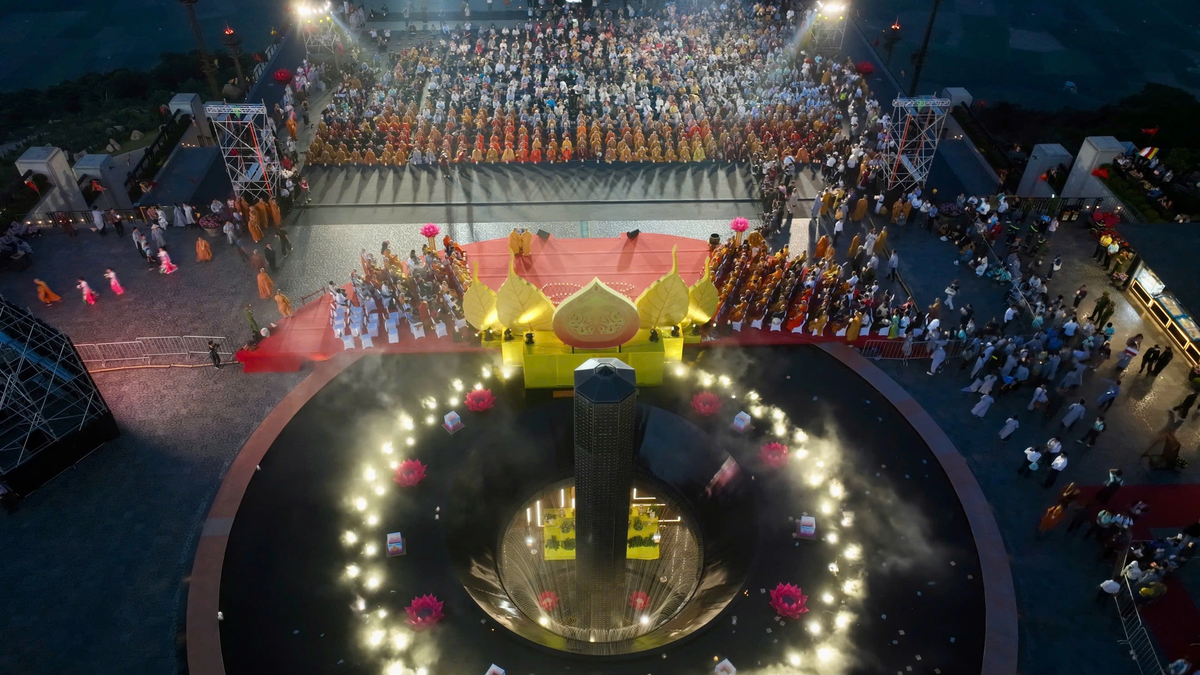

![[Photo] Prime Minister Pham Minh Chinh chairs Government Standing Committee meeting on Gia Binh airport project](https://vphoto.vietnam.vn/thumb/1200x675/vietnam/resource/IMAGE/2025/5/10/6d3bef55258d417b9bca53fbefd4aeee)


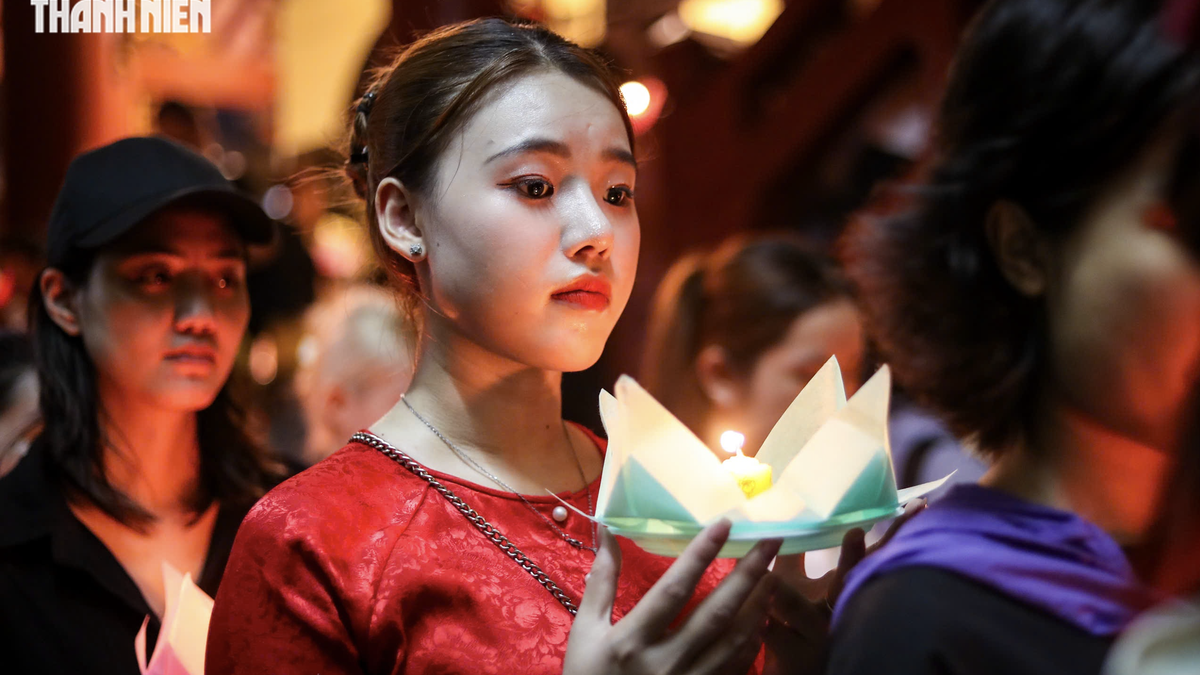


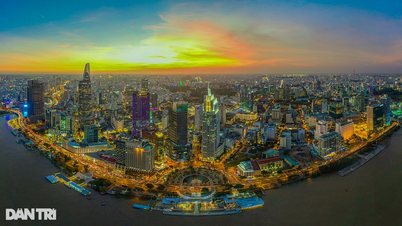




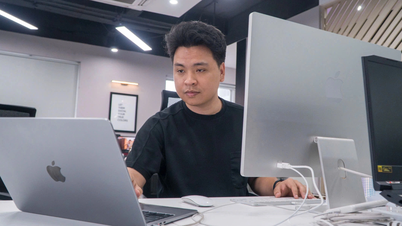
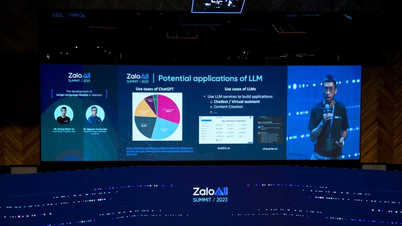

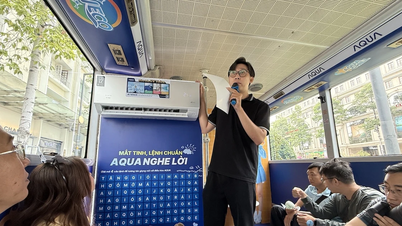

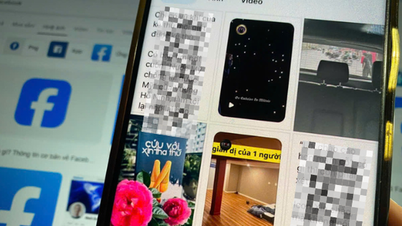


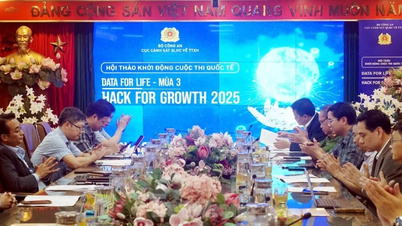










![[Photo] General Secretary To Lam holds a brief meeting with Russian President Vladimir Putin](https://vphoto.vietnam.vn/thumb/1200x675/vietnam/resource/IMAGE/2025/5/10/bfaa3ffbc920467893367c80b68984c6)





































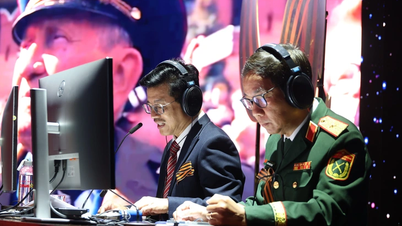









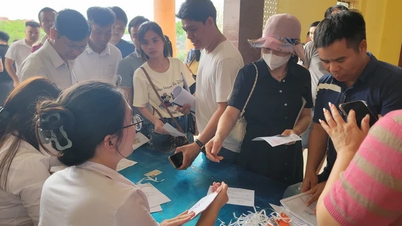









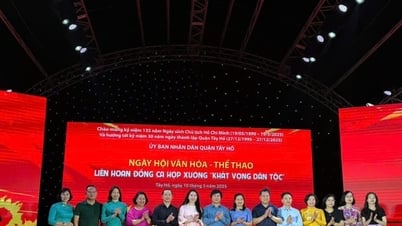











Comment (0)